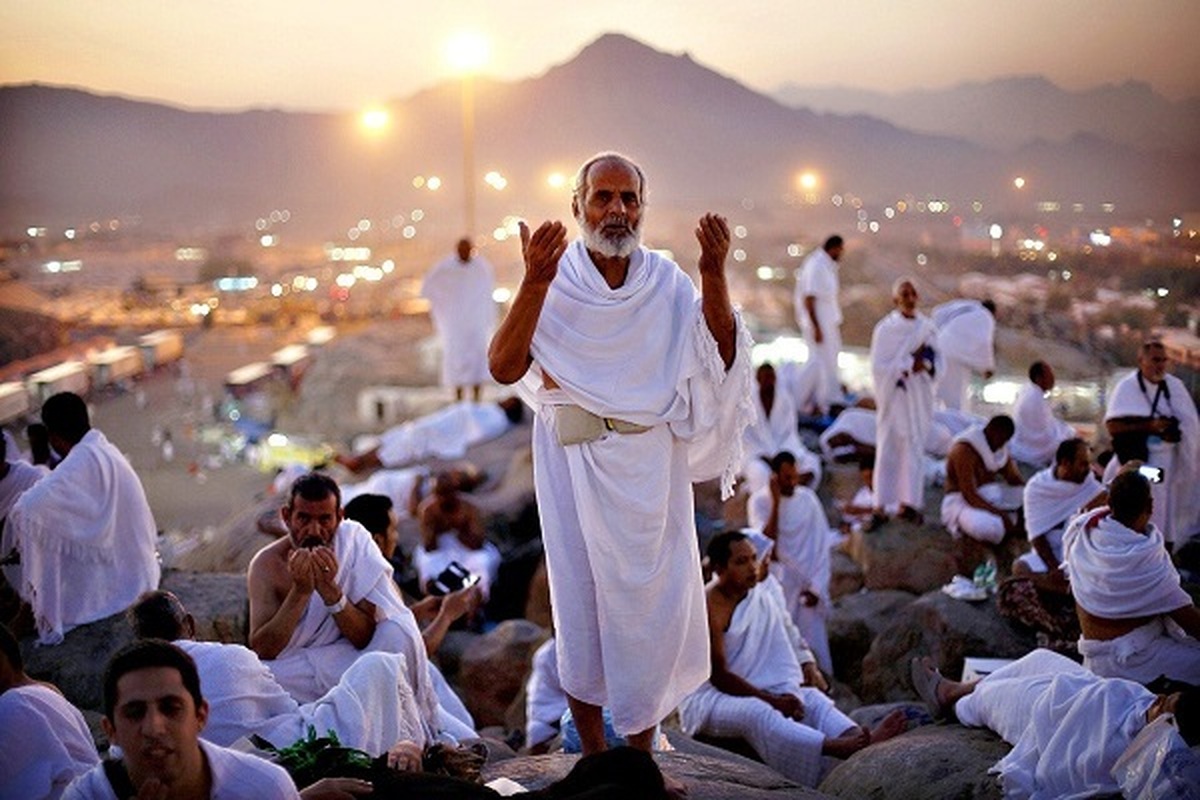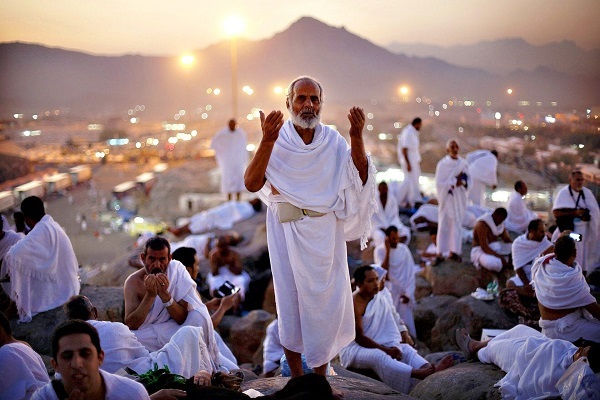Divine Rituals in Hajj: Spiritual and Monotheistic Symbols


According to these verses, disrespecting them is considered a disregard for religious sanctities.
In Verse 2 of Surah Al-Ma’idah, the Quran warns believers not to disrespect divine rituals and the gifts, animals brought for sacrifice and Hajj pilgrims:
“Believers, do not disrespect the rites of God, the sacred months, the animals brought for sacrifice, or what is marked for sacrificial offering or the people heading to the precinct of the Sacred House to seek the favor and pleasure of their Lord.”
Also, in Verse 36 of Surah Hajj, animals brought for sacrifice are considered part of divine rituals:
“And the camels! We have appointed them among the rituals of Allah.”
This emphasis on rituals reveals that the rituals of Hajj are not just symbolic acts but have deep connections to spiritual and monotheistic concepts. Safeguarding these signs is considered a manifestation of revering divine rituals and shows the believers’ Taqwa (God-fearing).
From the perspective of the Quran, the rituals of Hajj are such that the manifestations of God’s greatness are evident throughout them. Therefore, all the characteristics and features of these rites must be carefully preserved and observed.
Read More:
One must avoid performing any act incorrectly, as such an error not only invalidates the act outwardly but also causes a distancing from the presence of the Divine in the essence of the deed. Undoubtedly, adhering to these rites is a sign of the piety of the heart and a manifestation of benevolence on the path of God.


